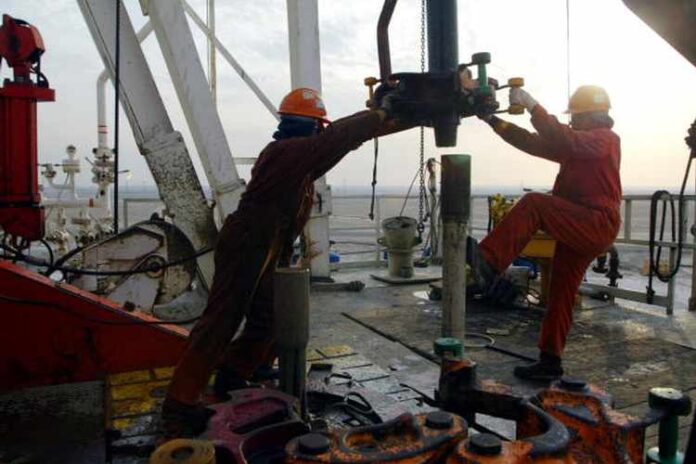ISLAMABAD: In a bid to tap the potential of oil and gas situated in different parts of the country, the government has decided to provide China-Pakistan Economic Corridor (CPEC) style security cover to Exploration and Production (E&P) activities.
According to sources, E&P activities in remote areas especially of Balochistan and Khyber Pakhtunkhwa (KP) provinces have become not an easy job and the government, after consulting relevant stakeholders, has decided to give CPEC style security cover to E&P companies operating in the country mainly to tap the oil and gas reserves.
Sources said that a special force of the armed forces will be formed for the security and safety of E&P projects in the country like the pattern of security of CPEC projects under which a security division was earlier created.
As per details, the government has decided to reform the gas sector and for this purpose a strategic workstream has been devised that is further divided into three parts: short term (6-12 months), medium term (2+years) and long term (3+ years).
Special Assistant to the Prime Minister on Petroelum and Power in his recent tweets disclosed strategic work streams in the gas sector and informed that under the short term strategic work stream in the gas sector, upto 300MMCFD (3+additional LNG cargoes per month) of excess capacity which is available at the existing terminals may be utilised on a strictly private-to-private i-e without any ‘take or pay’ payment obligation and on an open /third part access bases) to further bridge the demand-supply gap, especially in the coming winters for the domestic gas consumers, under a ‘without prejudice’ arrangement sanctioned by Oil and Gas Regulatory Authority (OGRA).
Similarly, a virtual LNG pipeline from Gwadar may be established in 6-12 months as few parties have proposed the government supplying up to 300MMCFD of LNG, again on a strictly private-to-private basis, to industrial customers via cryogenic road tankers from Gwadar.
Aside from meeting industrial gas demand in and around Karachi without the need to physically access the Sui’s pipeline network; this proposal may potentially make available the 150MMCFD of RLNG that Sui Southern Gas Company (SSGC) is currently retaining in their system and accordingly release the same to meet the deficit up north in the Sui Northern Gas Pipelines Limited (SNGPL) system.
Likewise, to remove the price anomaly between the price of indigenous and imported gas, and the associated adverse impact on the sector’s financial sustainability, the long-awaited political consensus on WACOG is expected to be reached, ideally before the year end. Furthermore, a new Liquefied Petroleum Gas (LPG) policy will be promulgated by end July to enhance supply of this alternative fuel to domestic consumers and correspondingly reduce the burden on natural gas provision via pipeline network.
Furthermore, for North South Gas Pipeline, the government is likely to make substantive headway with the Russian consortium in the next couple of months on this additional Karachi to Lahore gas pipeline which is of critical importance to Pakistan’s energy security.
As per the PM’s directives, this infrastructure asset needs to be completed as soon as possible at a price affordable to the consumers and with maximum involvement of local companies, know-how and material.
























